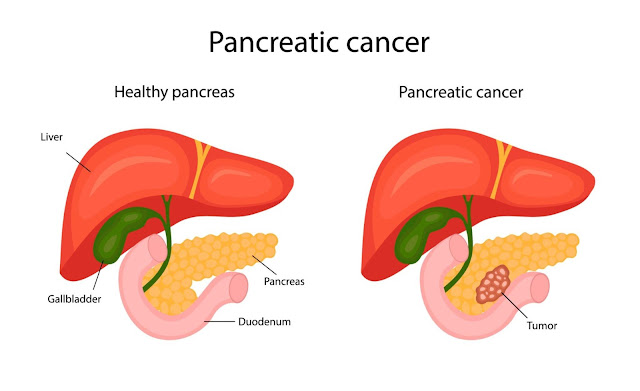Unveiling the Rising Tide of Breast Cancer: Understanding the Reasons Behind its Escalation
Breast cancer, a formidable adversary in the realm of
women's health, continues to be a significant global health concern. Despite
advancements in detection and treatment, the incidence of breast cancer is on
the rise, posing a grave challenge to healthcare systems worldwide. In this
blog, we delve into the multifaceted reasons contributing to the escalating
prevalence of breast cancer, shedding light on the critical factors driving its
increase.
Unveiling
the Factors Contributing to the Surge in Breast Cancer Cases: Understanding the
Trends and Risk Factors for Breast
Cancer Treatment in Meerut
1.
Lifestyle and Environmental Factors:
The modern lifestyle characterized by sedentary habits,
unhealthy dietary patterns, and exposure to environmental pollutants plays a
pivotal role in the surge of breast cancer cases. Factors such as obesity,
excessive alcohol consumption, smoking, and inadequate physical activity
contribute to an increased risk of developing breast cancer. Additionally,
exposure to endocrine-disrupting chemicals present in household products,
pesticides, and plastics has been linked to hormonal imbalances, potentially
fueling the onset of breast cancer.
2. Delayed
Childbearing and Fewer Breastfeeding Practices:
The trend towards delayed childbearing and a decline in
breastfeeding practices contribute significantly to the rising incidence of
breast cancer. Women who have their first child at a later age or remain
childless have a higher risk of developing breast cancer due to prolonged
exposure to estrogen and other reproductive hormones. Furthermore,
breastfeeding offers protective benefits against breast cancer by reducing
lifetime estrogen exposure, making its decline a concerning factor in breast
cancer prevention.
3. Hormonal
Contraceptives and Hormone Replacement Therapy (HRT):
The widespread use of hormonal contraceptives and hormone
replacement therapy (HRT) for menopausal symptoms has been associated with an
increased risk of breast cancer. Estrogen-progestin contraceptives and certain
types of hormone replacement therapy containing estrogen and progestin have
been identified as potential contributors to breast cancer development, particularly
when used over an extended duration.
4. Genetic
Predisposition and Familial History:
While lifestyle and environmental factors play a significant
role, genetic predisposition also contributes to breast cancer susceptibility.
Inherited mutations in genes such as BRCA1 and BRCA2 significantly increase the
risk of developing breast cancer. Additionally, a family history of breast
cancer, especially among first-degree relatives, heightens an individual's
likelihood of being diagnosed with the disease.
5. Aging
Population:
The aging population demographic shift observed globally has
led to an increase in breast cancer cases, as advancing age is a significant
risk factor for the disease. With life expectancy on the rise, older women
constitute a larger proportion of the population, contributing to the overall
increase in breast cancer incidence.
If you're seeking breast
cancer treatment in Meerut, look no further than Valentis Cancer Hospital.
We understand that breast cancer is a complex condition influenced by genetic,
environmental, and lifestyle factors. That's why our comprehensive approach
combines cutting-edge treatments, early detection methods, and personalized
care to ensure the best possible outcomes for our patients. With a focus on
fostering awareness, promoting healthy living practices, and investing in
research and innovation, we're dedicated to reducing the burden of breast
cancer and supporting individuals on their journey to recovery. Choose Valentis
Cancer Hospital for compassionate care and unwavering support in the fight
against breast cancer.
Contact - 07599221100
Location - Breast Cancer treatment in
Meerut




Comments
Post a Comment